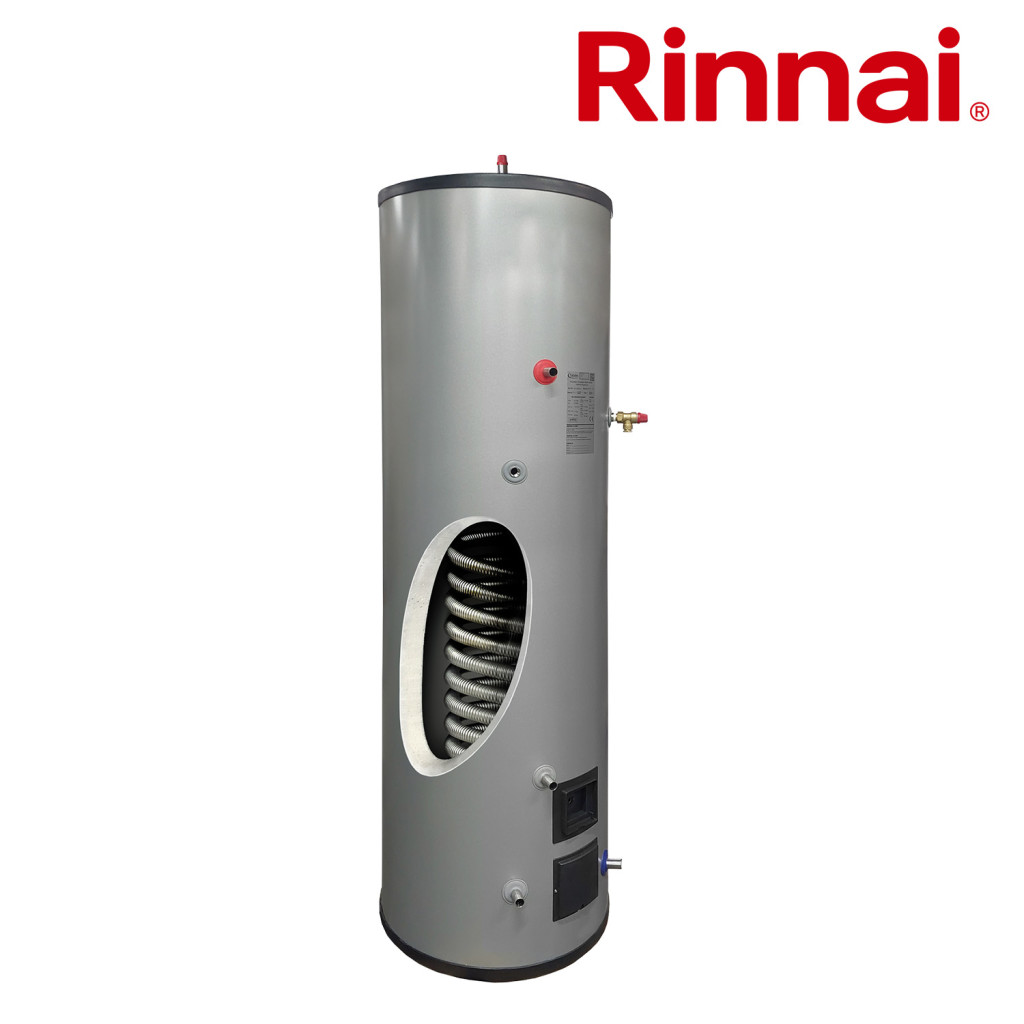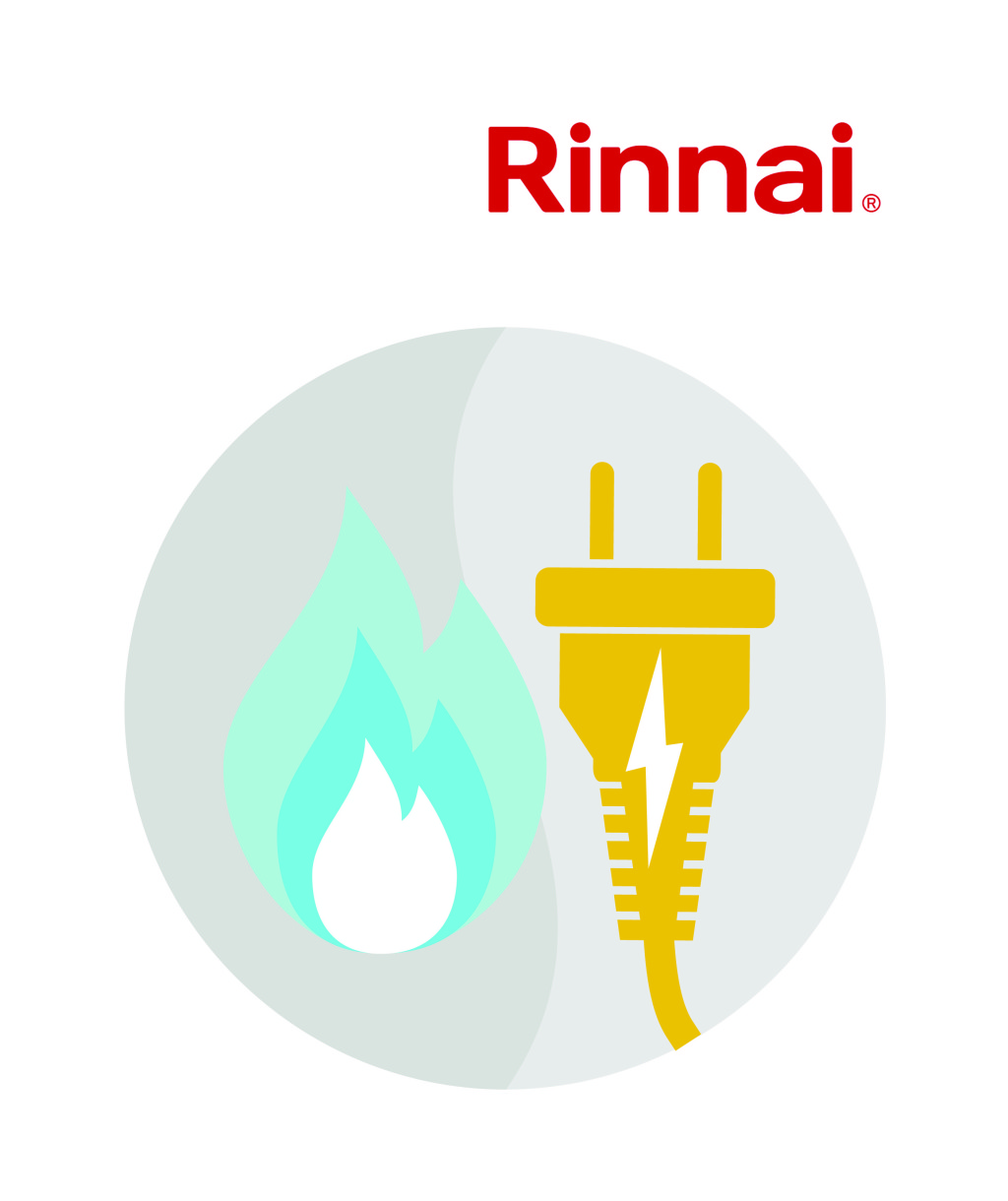Rinnai expansion with new electric storage solutions & systems

Rinnai is continuously expanding and updating its entire product offering to include all fuels and appliances for installation as stand-alone units or as part of hybrid systems for larger commercial sites.
Rinnai’s extensive product range now includes a wide selection of electric technologies. Rinnai’s Infinit-E range is an optional three-phase all-electric water storage heater for commercial hot water applications. All Rinnai electric storage hot water heaters are designed with flexibility in mind.
All units are fitted with between one and six titanium elements. The KW rating of the Infinit-E range is scalable from 12kw to 72kw ensuring that all units are suitable for a wide variety of applications. All electrical elements can be fitted to a single-phase supply, should site limitations dictate. Each element within the appliance range has its own controllable thermostat with a temperature range of between 49 and 90 degrees Celsius. All elements are fuse protected and there is no need for expensive sacrificial anodes due to a tough stainless-steel build.
Each cylinder is manufactured with stainless steel adding durability and enabling extensive warranties. The use of stainless steel also makes the Infinit-E range lightweight and easily manoeuvrable and handled when compared to glass-lined variants. The empty weight of the Infinit-E is 54kg maximum.
All-electric systems can benefit from Rinnai’s modulating smart electric cylinder range - ensuring that the only direct electricity used is to fill the performance gap from a renewable heat source.
Rinnai’s range of electric products also include monobloc air source heat pumps that are available in an assortment of variants, from 4kW to 110kW. Rinnai’s heat pump technology ensures that up to and including seven units can be cascaded together.
A cascaded system means that multiple heat pumps can work in conjunction allowing for a level of functioning synchronicity that produces greater operational performance for larger commercial applications.

All Rinnai commercial heat pumps use LOW-GWP including R32 and R290, renowned for reducing electricity consumption by up to 10% and for holding a lower global warming potential (GWP). Rinnai’s HPI heat pump range is ratified with an ERP rating of A +++ and includes an operational ability to switch between settings of heating, hot water, and cooling.
Rinnai’s HPI air source heat pumps, hybrid formations, electrical formats and hydrogen gas mix powered water heaters are part of the H3 range of products. All new models are designed to embolden decarbonisation, energy efficiency and reduce customer costs by offering practical, economic and technically feasible solutions to all UK customers.
Rinnai offer sizing and design support for all heat pump systems contact the design team today for support on your latest project
UK energy strategists believe that clean and sustainable electrification is presently one of the best modes of reducing carbon emissions, maximise efficiencies and to also lower end-user customer costs.
Rinnai is determined to offer UK customers assorted options of carbon reducing technology that ensures an improved healthy lifestyle. Rinnai is also keen on informing all UK customers in major changes and developments concerning the international energy market that may affect purchase or power options in the near and far future.







